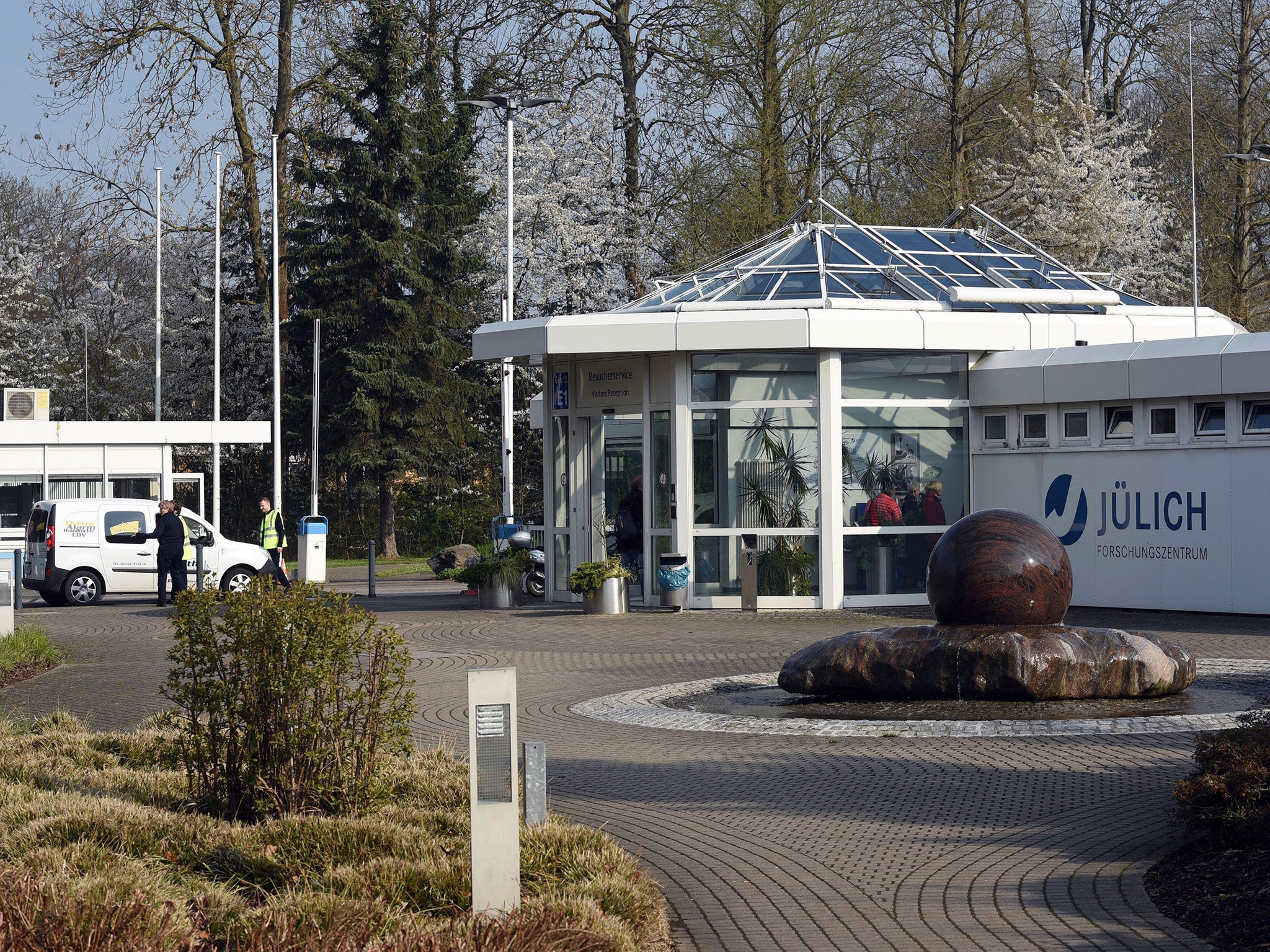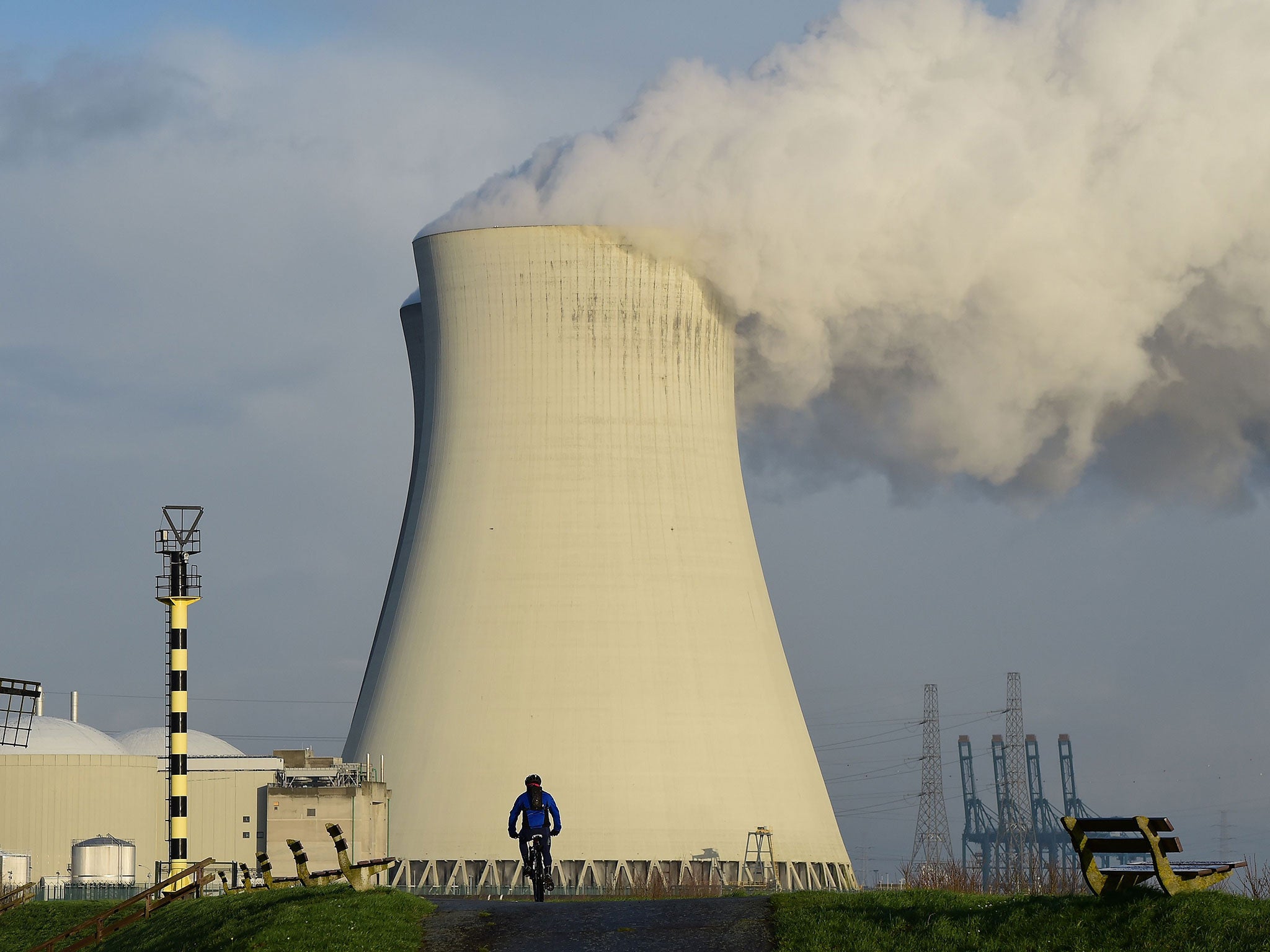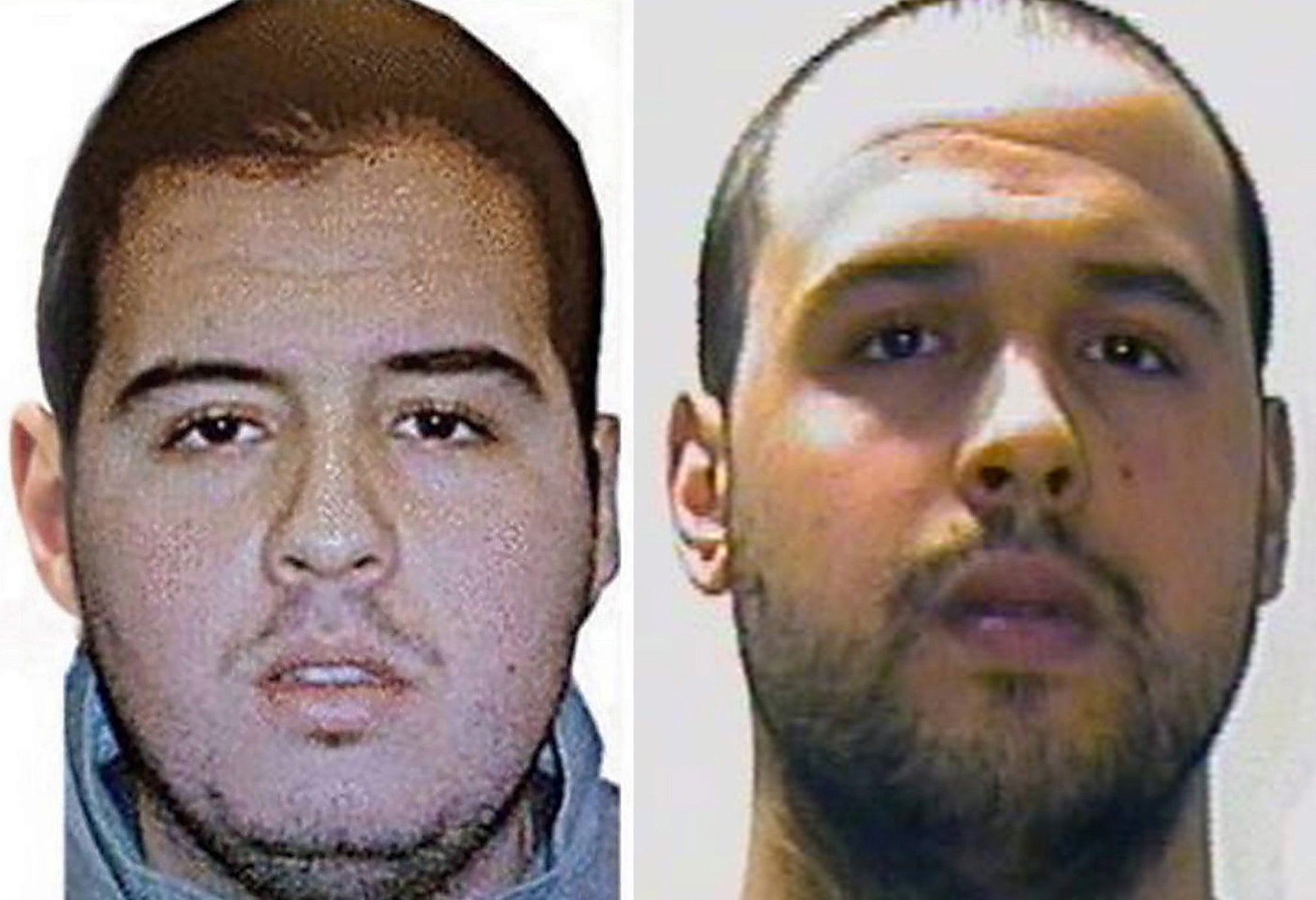Paris attacks Isis suspect Salah Abdeslam had nuclear files stashed in his flat
The reported discovery follows claims two of the Brussels bombers had filmed a Belgian nuclear official

Documents relating to a German nuclear research centre have reportedly been found in the home of a suspect in the Paris attacks amid mounting concern Isis has been scouting out such facilities to identify potential weak spots.
Searches of Salah Abdeslam’s apartment revealed he had been gathering information on the Forschungszentrum Jülich, near the Belgian border in north-west Germany.
Newspapers in the RND media group reported that photos of the centre’s manager, Wolfgang Marquardt, and printed online articles were discovered at Abdeslam’s flat in Molenbeek.

He is currently in a Belgian prison awaiting extradition to France on charges of terror offences connected with the Paris attacks.
Hans-Georg Maassen, head of Germany's domestic intelligence agency (BfV), is reported to have told the Bundestag’s security committee of the findings following his arrest last month.
RND said it was unclear whether Mr Maassen had passed the information directly to the chancellery or interior ministry.
Neither the BfV nor the BND foreign intelligence agency were immediately available for comment.

Forschungszentrum Jülich’s website describes it as an institute dedicated to “fundamental research in the field of hadron, particle, and nuclear physics” and the complex also stores atomic waste.
A spokesperson for the centre said there was no indication of any danger and that it was in contact with security authorities and nuclear supervisors.
Abdeslam, who was born and raised in Belgium to Moroccan-born parents, was arrested on 18 March in Brussels, four days before suicide bombers killed 32 people at the city’s airport and a Metro station.
A Belgian nuclear power plant was evacuated of all non-essential personnel immediately after the attacks amid fears the same terror cell had been planning to seize radioactive material for a dirty bomb.
There was speculation that two of the Brussels attackers, brothers Khalid and Brahim el-Bakraoui, may have been planning to blackmail a senior nuclear official.

A video file discovered during searches related to the Paris attacks reportedly showed they had planted a camera hidden in bushes opposite the man’s home and gathered more than 10 hours of surveillance.
Officials were also concerned when it emerged that two former Belgian nuclear power plant workers had gone to Syria to fight with Isis, one of whom was killed.
A report released by Nato last year said there is a “very real but not yet fully identified risk” of Isis using chemical, biological, radiological or nuclear material in terror attacks against the West.
Wolfgang Rudischhauser, director of the alliance’s WMD Non-proliferation Centre, said the terrorist group’s militants had gained access to former chemical weapons and nuclear sites in Iraq.
“While no full scale plots have been unveiled so far, our governments need to be on alert,” he added.
Additional reporting by Reuters
Join our commenting forum
Join thought-provoking conversations, follow other Independent readers and see their replies
Comments
Bookmark popover
Removed from bookmarks